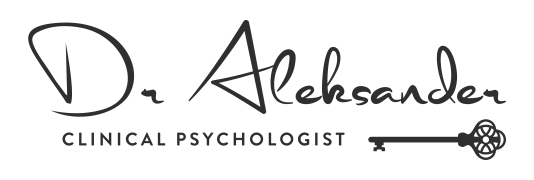
"Every worthy act is difficult. Ascent is always difficult. Descent is easy and often slippery"
Understanding Problematic Use and Addiction
Our brains are naturally wired to seek pleasure and avoid pain, a fundamental aspect of human nature. In today’s world, where addictive substances are easily accessible, it’s not surprising that some individuals find it challenging to control their use. Problematic use and addiction are two interconnected yet distinct challenges.
The extent of use cannot be solely defined by the frequency or dosage of substance consumption. Even those who maintain stable jobs and appear to function well in society might still face adverse consequences from their substance use, including strained relationships, health issues, and impaired decision-making abilities.
The Role of Dopamine and Dual Diagnosis
Drugs, alcohol, and other addictive behaviours primarily affect the dopamine system, stimulating the brain’s reward pathway. For some, addiction serves as a means to experience pleasure through this system. However, for others, addictive behaviours function as a form of self-medication to alleviate emotional pain, a phenomenon often referred to as a dual diagnosis, where mental health issues and addiction coexist.
Common Addictive Behaviours and Seeking Help
Common addictive behaviours:
- Alcohol abuse
- Smoking
- Marijuana
- Cocaine
- MDMA
- Methamphetamine
- Ketamine
- Gambling
- Pornography and sex addiction
- Phone addiction
- Gaming addiction
Discussing addictive behaviours can be difficult due to the associated stigma and pressure from others to quit. My role is to provide a safe, non-judgmental space to explore your relationship with addictive behaviours and empower you to make positive changes.
Seeking help is crucial for addressing both problematic use and addiction, particularly when co-occurring mental health issues are present. Accurate diagnosis, a personalised treatment plan, and a supportive network are essential components of a successful recovery process.
DASS-21 Questionnaire
All new patients are encouraged to complete the DASS-21 psychological test. This quick and easy online questionnaire assesses depression, anxiety, and stress levels, providing valuable insights into your mental health.
Take the online quizTherapy Process
Personalised and effective therapy develops through a dynamic and iterative process.
Your evolving needs will be met by a continuous refinement of such process, fostering successful and unique care.
1. Assessment
We begin by exploring your concerns, history, and goals through a clinical interview and psychometric questionnaires. Building a strong therapeutic relationship is our priority during this phase.
2. Formulation
Together, we develop an understanding of your experiences based on psychological theories, aiming for a shared understanding of contributing factors.
3. Treatment
Tailored therapy approaches, such as CBT or ACT, address your specific needs. We focus on emotional stability, coping strategies, and uncovering underlying patterns for lasting growth.
4. Evaluation
Continuous assessment allows us to monitor progress. I will adjust treatment plans and optimize outcomes based on individualized goals and standardized measures.
